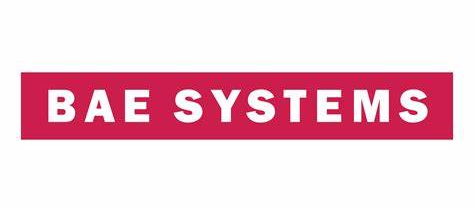PyFR
An open-source platform for fast, robust and accurate Scale-Resolving Simulations of industrial flow problems.
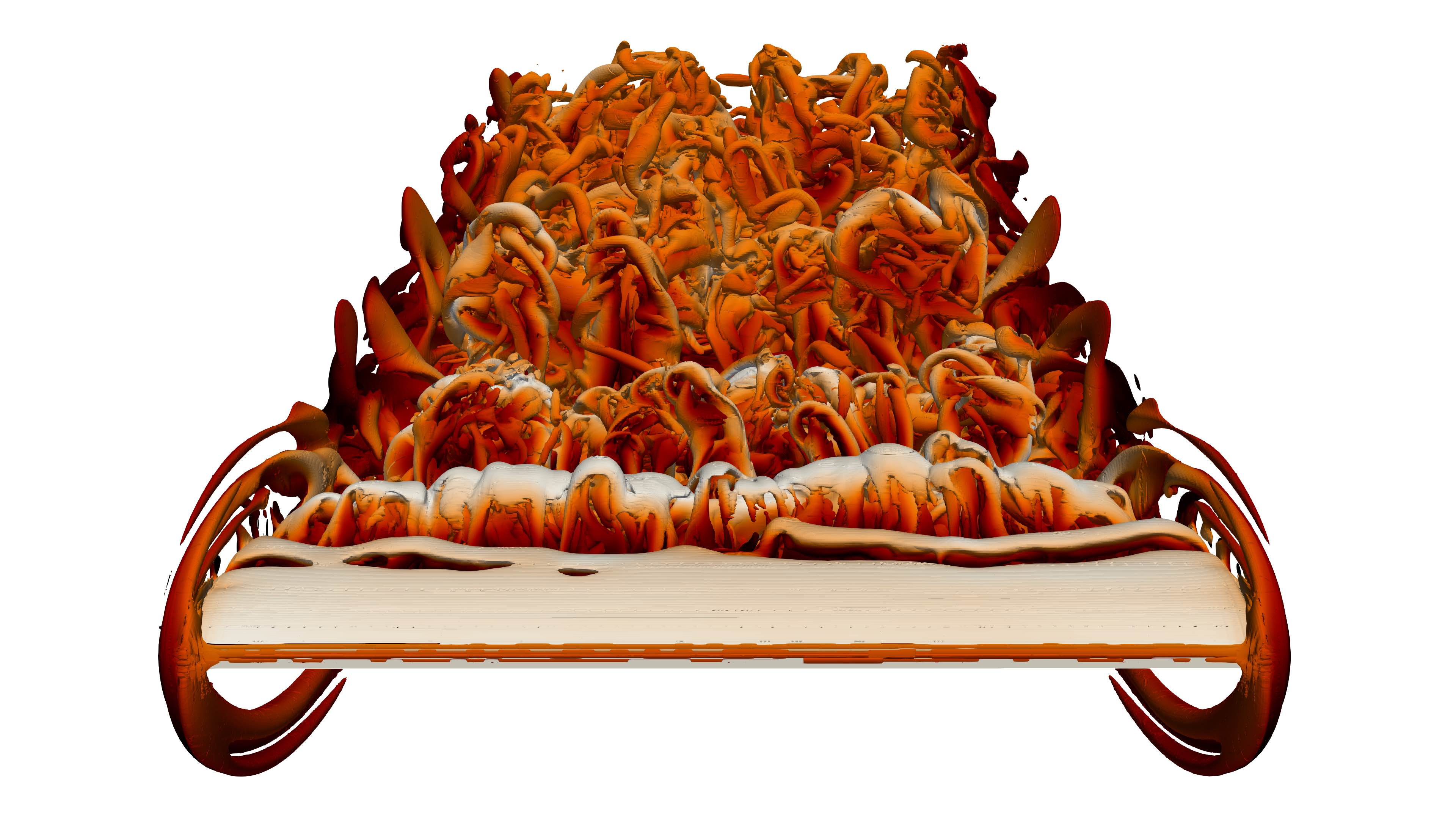
Open source
PyFR is released under a 3-Clause BSD License to enable sharing and collaboration.High-order accurate
PyFR utilises the Flux Reconstruction approach to achieve arbitrary-order spatial accuracy.Unstructured meshes
PyFR can operate with mixed elements and unstructured meshes to enable simulations of complex geometries.Cross-platform
PyFR can target a range of hardware including CPUs, Nvidia GPUs, AMD GPUs, Intel GPUs, and Apple GPUs.Challenge and opportunity
Reynolds Averaged Navier-Stokes (RANS) simulations are cheap and robust, but accuracy is limited for complex unsteady industrial flows. Scale-Resolving Simulations (SRS) overcome the accuracy limitations of RANS, but can lack robustness, and have historically been too expensive for industrial adoption.
The use of CFD in the aerospace design process is severely limited by the inability to accurately and reliably predict turbulent flows with significant regions of separation.

Mission and vision
Our mission is to develop an SRS capability that is fast and robust, with a vision to enable industrial adoption of SRS, and hence a paradigm-shift in industrial design capability.
An international community

"PyFR has been a game changing tool for investigating complex turbulent flow phenomenon in the wake of reentry capsules and predicting their dynamic stability characteristics. It’s capability to run on modern GPU supercomputers has been an enabler for running high-fidelity scale resolving simulations in a matter of hours, which would otherwise have taken many weeks to months to perform using legacy CFD tools."

"PyFR is a great example of what's next in classical computing. We've been using it as as a performance benchmark for years, but have now progressed to advancing its use in industrial applications to deliver a step change in modelling fidelity of turbulent flows. It's usable out-of-the-box, extensible and has a vibrant ecosystem and support community."





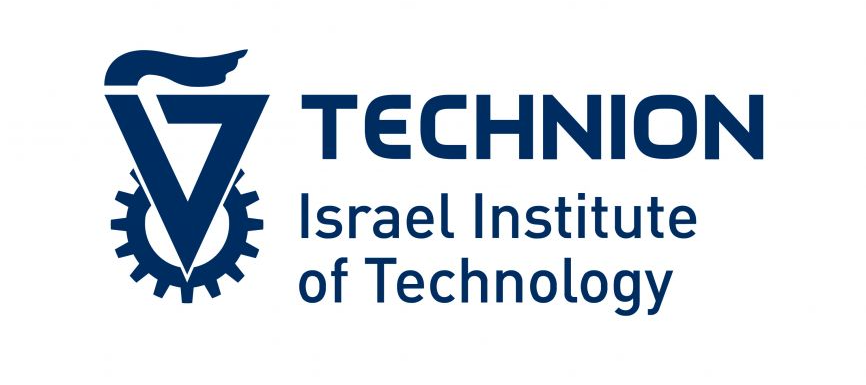




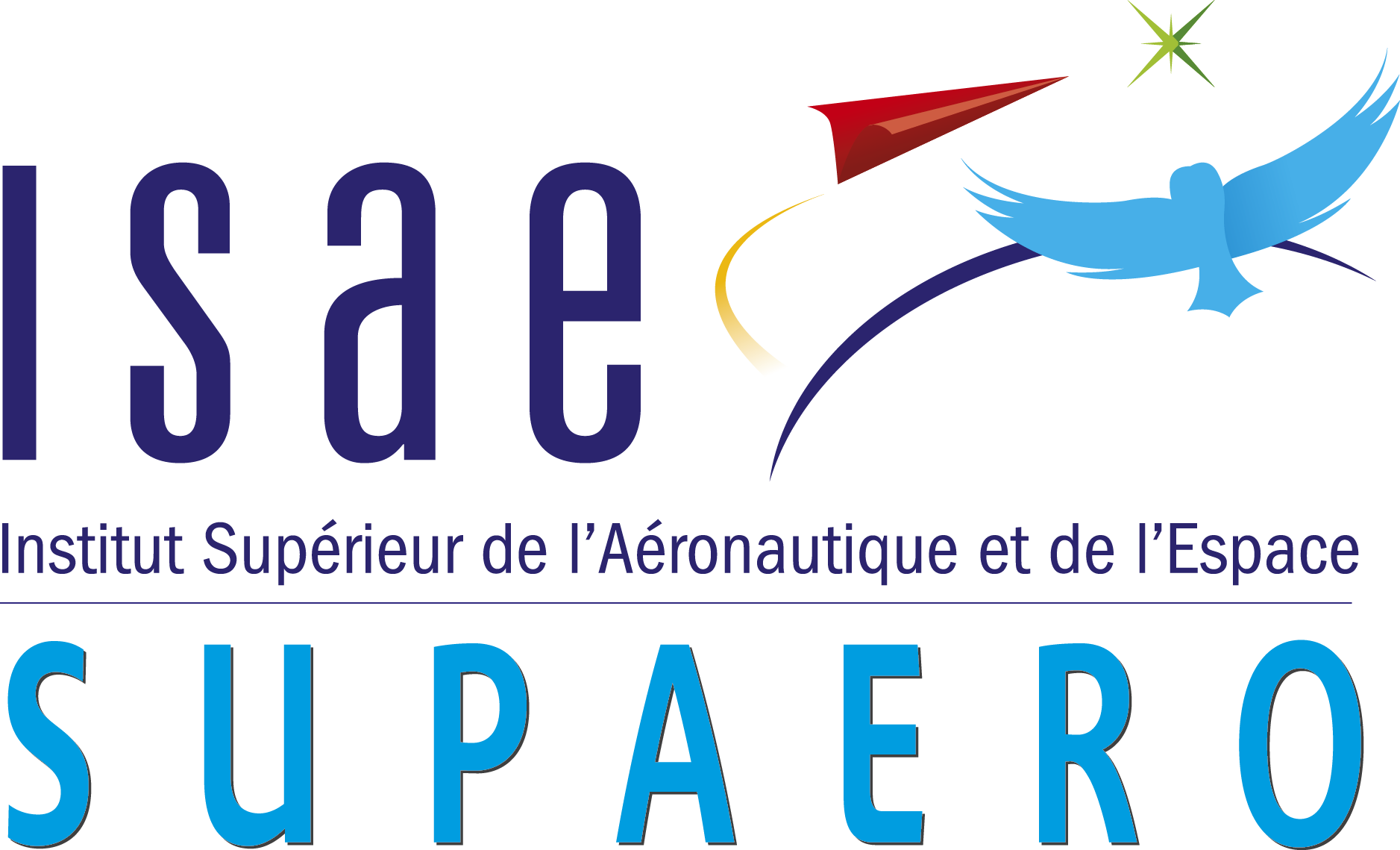


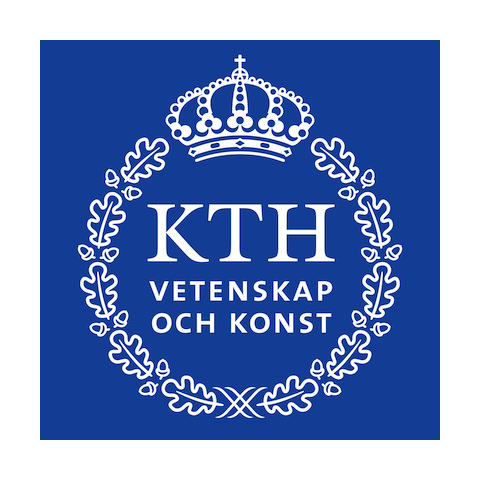

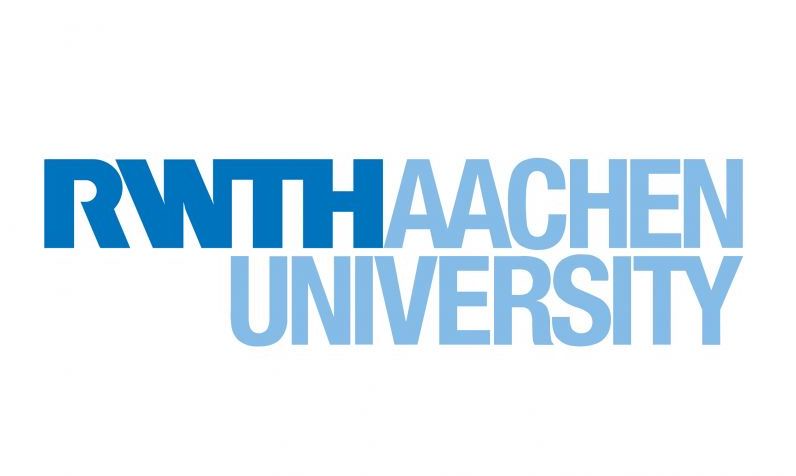

Meet the team
Leads
Freddie Witherden
Texas A&M UniversityPeter Vincent
Imperial College LondonCollaborators
Will Trojak
NvidiaTarik Dzanic
Lawrence Livermore National LaboratoryYoshiaki Abe
Tohoku UniversityBrian Vermeire
Concordia UniversityJin Seok Park
Inha UniversityDevelopers
Toby Flynn
Imperial College LondonKyle Schau
Texas A&M UniversityHossein Mirzakhani
Texas A&M UniversityAmir Akbarzadeh
Texas A&M UniversityRishit Modi
Texas A&M UniversitySambit Mishra
Texas A&M UniversityMohammad Alhawwary
Texas A&M UniversityLai Wang
Texas A&M UniversityGiorgio Giangaspero
Imperial College LondonSemih Akkurt
Imperial College LondonNiki Loppi
Imperial College LondonArvind Iyer
Imperial College LondonGeorge Ntemos
Imperial College LondonAntony Farrington
Imperial College LondonSupported by








